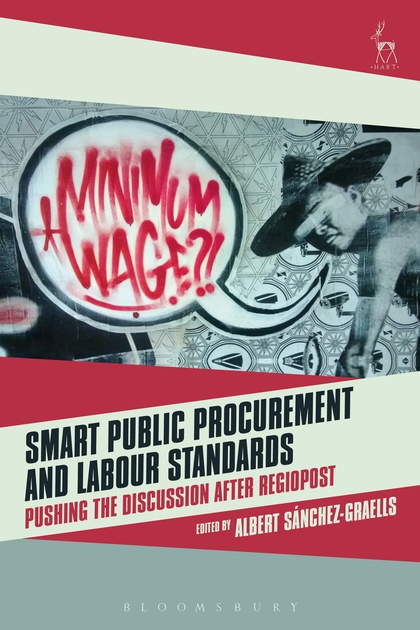By Dr Albert Sanchez-Graells, Reader in Economic Law (University of Bristol Law School).*
 In 2016, the EU adopted the Web Accessibility Directive to foster better access to the websites and mobile applications underpinning public services – in particular by people with disabilities, and especially persons with vision or hearing impairments. This Directive is meant to complement the European Accessibility Act and to implement the EU’s commitments under the United Nations Convention on the Rights of Persons with Disabilities (UNCRPD). Article 9 UNCRPD requires the adoption of appropriate measures to ensure equal access to information and communication technologies, including the Internet, for persons with disabilities. Under the Web Accessibility Directive, this translates into an obligation for public sector bodies to ensure that their websites and apps comply with a 2014 EU standard adapted to the latest Web Content Accessibility Guidelines (WCAG) at level AA (currently WCAG 2.0).
In 2016, the EU adopted the Web Accessibility Directive to foster better access to the websites and mobile applications underpinning public services – in particular by people with disabilities, and especially persons with vision or hearing impairments. This Directive is meant to complement the European Accessibility Act and to implement the EU’s commitments under the United Nations Convention on the Rights of Persons with Disabilities (UNCRPD). Article 9 UNCRPD requires the adoption of appropriate measures to ensure equal access to information and communication technologies, including the Internet, for persons with disabilities. Under the Web Accessibility Directive, this translates into an obligation for public sector bodies to ensure that their websites and apps comply with a 2014 EU standard adapted to the latest Web Content Accessibility Guidelines (WCAG) at level AA (currently WCAG 2.0).
The Web Accessibility Directive must be transposed into UK law by 23 September 2018 and will generate obligations for new websites from 2019, for pre-existing websites from 2020, and for all public sector apps from 2021. The UK Government is currently analysing the responses to a public consultation on the draft Public Sector Bodies (Websites and Mobile Applications) Accessibility Regulations 2018 (the Web Accessibility Regulations), and the Government Digital Service is developing a host of initiatives to roll-out accessibility policies throughout the public sector. This blog post explains that UK Universities and further education institutions are covered by the Web Accessibility Directive. They must be clearly placed under the scope of application of the future Web Accessibility Regulations and be supported by the Government Digital Service and the Department for Education to ensure that their websites and apps comply with the relevant accessibility standards as soon as possible. This is not only legally mandated, but also essential to the public service mission of universities and other educational institutions. (more…)









